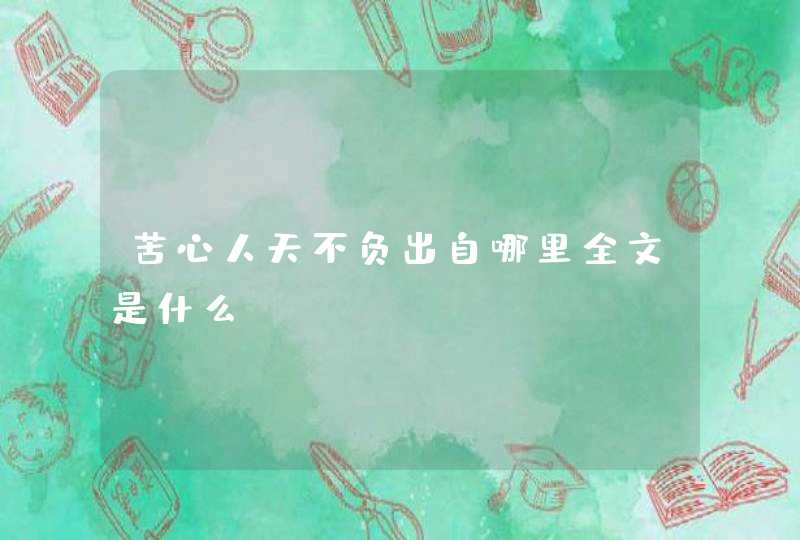1、主将从现(主句为一般将来时,从句为一般现在时)。
eg:If it rains(从句) ,I will stay at home(主句)。
=I will stay at home if it rains.
2、主句含有情态动词 (must、may、can etc.)从句为一般现在时。
eg:If you drive too fast ,you may have an accident.
=You may have an accident if you drive too fast.
3、主句为祈使句,从句要用一般现在时态。
eg:Dont play computer games if you dont finish your homework.
其他条件句:
1、错综时间条件句
有些条件句的主句谓语和从句谓语表示的动作在时间上并不一致,这类句子称为错综时间条件句。
If you had taken my advice then,you would not be in trouble now.
如果当时听我的劝,你现在就不会有麻烦了。(if 条件句是对过去的虚拟,故用过去完成时,而主句是对现在的虚拟,故用“would+动词原形”形式)。
2、含蓄条件句
有些句子虽不含条件从句,但意思和条件句相差不多,这种句子称为“含蓄条件句”,这种句子有时候会用虚拟语气。
如: Without air (If there were notair), there would be no living things.
But for your help (If it ha dn'tbeen for your help) I couldn't have don e it.
第一类英语条件句,谈论可能发生的事情,并考虑这件事情的结果。
从句(if)用一般现在时或其他现在时,表示可能发生的事情(条件)。
主句用一般将来时,表示这件事情的结果。
如:You will get the full mark if you study hard.
如果你努力学习,你就会得满分。
第三类条件句。
第3类条件句的基本结构与前两类都不一样,if从句需用过去完成时,主句用 would have/should have+过去分词形式。
If it had rained, we would have stayed at home.
要是下雨,我们就会呆在家里了。
条件句条件句是有“条件状语分句+主句”构成的复杂句。请看以下四种类型的条件句:
1. If you heat ice, it melts.
2. If we catch the 10 o’clock train, we shall (will, can, may) get there by lunch-time.
3. If we caught the 10 o’clock train, we would (could, might) get there by lunch-time.
4. If we had caught the 10 o’clock train, we would (could, might) have got there by lunch-time. 请问,这四种类型的区别在哪?
第一种类型条件句 真实条件句的一种 whenever条件句
a). 表示普遍真理和客观事实
1. If you pour oil on water, it floats.
2. 如果温度降到0度,水会结冰。
b). 表示现在习惯动作
1. If I make a promise, I keep it.
2. 假如你去看电影,你会更喜欢看哪种电影?
3. 假如现在下雨,我就坐车去上班。
c). 表示过去习惯动作
1. If it rained, I went to work by car.
2. If I made a promise, I kept it.
3. 过去我要是饿了的话,我通常都会大吃一顿。
回答以下问题:
Example: What happens if we heat ice? If we heat ice, it melts.
1. What happens to water if the temperature rises to 100 degrees centigrade?
2. How many days are there in February if it is a leap year?
3. What happens if flowers don’t get any water?
4. Who do businessmen go to see if they want to borrow money?
5. What do you expect a teacher to do if you make a mistake?
6. What do we get if we mix red with yellow?
7. What kind of music did you prefer if you went to a concert?
第二种类型条件句 真实条件句主体
If it is fine tomorrow, we can have a picnic somewhere.
If you wake up before me, give me a call.
If we should miss the 10 o’clock train, we shan’t get there till after lunch.
从句不管主语的人称和数如何,一律用should+不定式,主句动词可根据语义意图采用不同形式。Should 仅表示一种不太肯定的委婉口气,并不影响条件的真实性。
If he should fail to come, ask Philip to work in his place.
If he should come tomorrow, I would tell him everything.
如果再下雨的话,花就会开。
Set your alarm clock, and you won’t oversleep.
= If you set your alarm clock, you won’t oversleep.
Set your alarm clock, or (else) you’ll oversleep.


